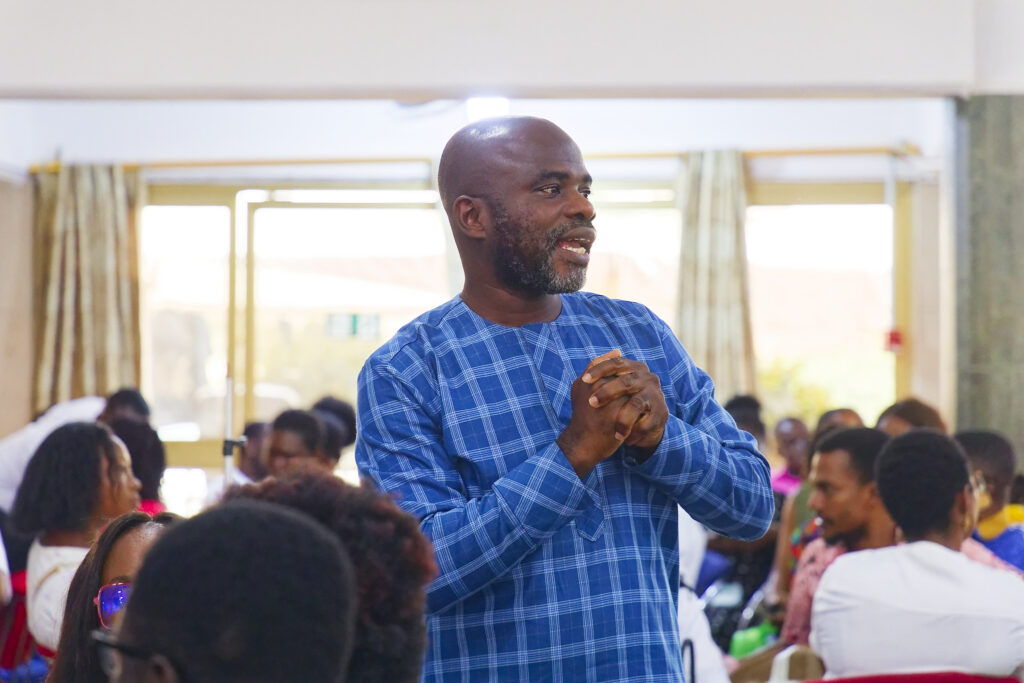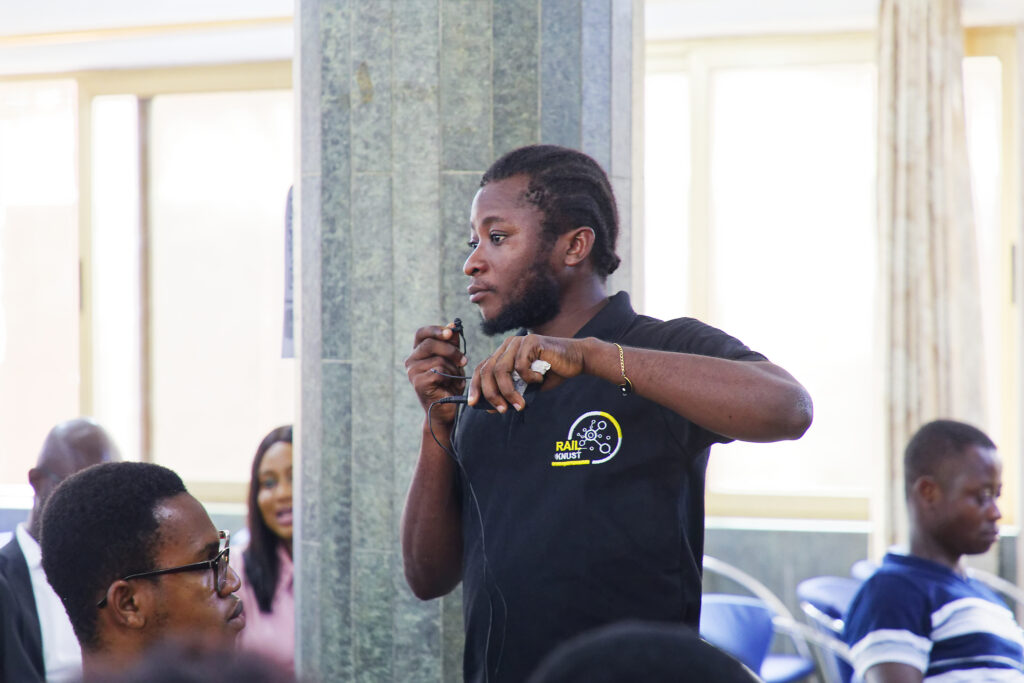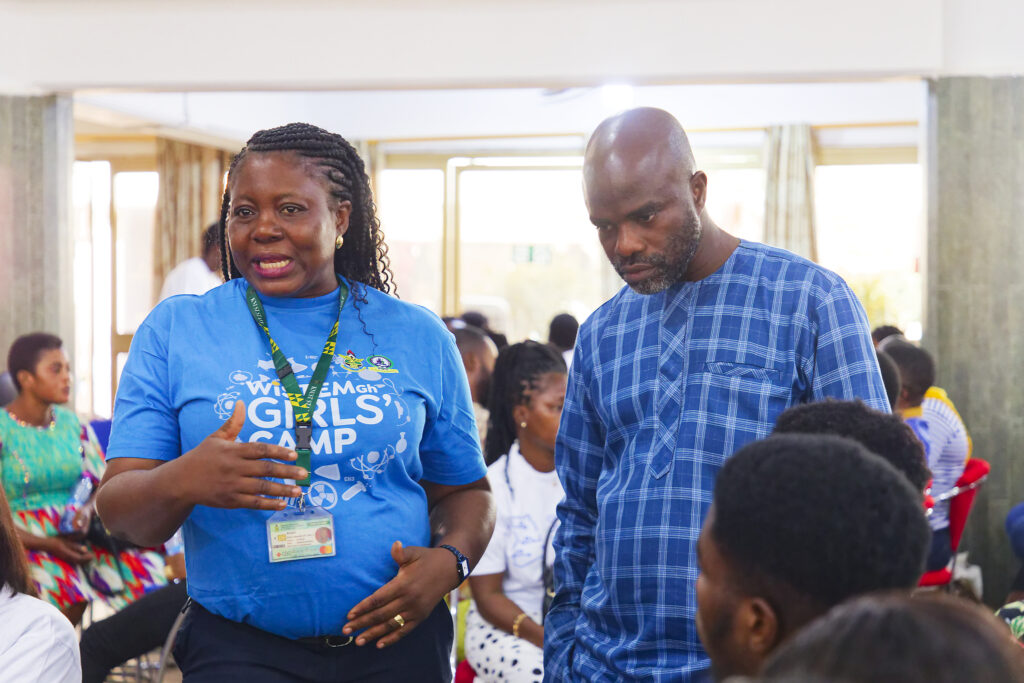The maiden edition of the Ghana Digital & Innovation Week at the Ashanti Regional level was hosted at the Kumasi Technical University (KsTU) Auditorium. The event, which brought together a cross-section of participants, including individuals, organisations, entrepreneurs, policymakers, and businesses, focused on celebrating milestones in digital innovation. It provided a valuable platform for knowledge exchange, networking, and discussing the future of digital transformation in Ghana. The gathering aimed to empower various stakeholders, including women-led small and medium enterprises (SMEs), to leverage technology for growth and expansion.

The Responsible Artificial Intelligence Lab (RAIL) at KNUST actively participated as an exhibitor, showcasing its innovations and research aimed at improving quality of life through the responsible use of AI. RAIL demonstrated how AI solutions are applied in the agriculture, healthcare, and energy sectors, focusing on projects that directly impact lives and improve operational efficiency across industries.
Musah Ibrahim, a researcher at RAIL, engaged participants by discussing the lab’s current projects and initiatives. He shared how RAIL’s AI innovations are making a difference in real-world applications and transforming the sectors they serve.

Dr. Prince Ebenezer Adjei, a lecturer at the Department of Computer Engineering and a Fellow at RAIL, delivered a presentation on Artificial Intelligence for Digital Transformation. He explained the key drivers of digital transformation, highlighting how AI is becoming an essential technology for automating processes, enhancing decision-making, and solving complex problems across industries. His presentation included practical applications of AI, from agriculture to healthcare, and underscored how businesses could adopt AI to innovate, streamline operations, and create sustainable growth.
Dr. Adjei also emphasised using Afrocentric datasets for AI solutions tailored to local needs. He detailed how RAIL incorporates these datasets into its AI models, ensuring data is responsible and ethical.

Prof. Francis Kemausour, AI in Energy Theme Lead at RAIL, expanded on the lab’s contributions by introducing the Agrivoltaic project, which integrates solar energy with agricultural activities. He explained how vegetable farms are cultivated beneath solar panels, optimising land use and increasing sustainability. Prof. Kemausour also spoke about RAIL’s AI model, which predicts electricity demand in communities and contributes to more efficient energy management in rural and urban areas.

RAIL’s impact on agriculture was demonstrated by Musa Ibrahim, a research assistant, who introduced the RAIL Plant Disease Detector App. This app, designed to help farmers identify crop diseases, provides solutions and recommendations in local languages, making it accessible and practical for farmers across Ghana. The app showcases how AI can be used responsibly and effectively to support farmers in increasing productivity and improving crop health.

Dr Mrs Eunice Akyereko Adjei, the Women in Technology Lead at RAIL, highlighted the importance of promoting STEM education among girls through initiatives such as RAIL’s SHECodes and Robotics Club, which target Senior High and Junior High School students. Dr. Akyereko Adjei called for collaborations with interested institutions to expand these initiatives and encourage more young girls to explore technology opportunities.
RAIL is committed to promoting responsible AI in Africa, bridging the gap between technology and societal needs, and ensuring that AI addresses local challenges sustainably and ethically.